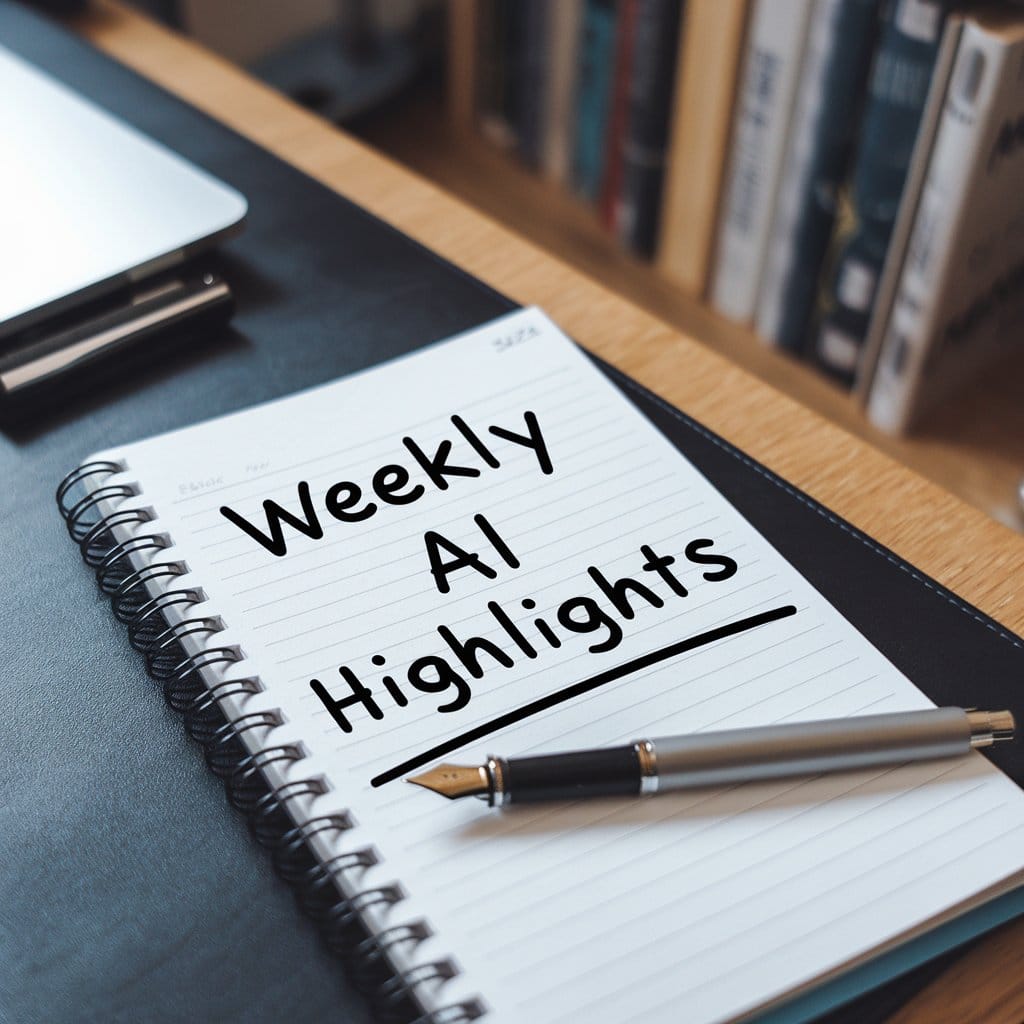We are kicking off this week's review with our coverage of some AI-related announcements from AWS re:Invent 2024. Undoubtedly, the most notorious one is the launch of the Amazon Nova model family, an ambitious project including a fast and affordable text-only model (Micro), three LLMs capable of processing text, images, and audio as input (Lite, Pro, Premier), and two media generators (Canvas for images, and Reel for video).
Except for Premier, which is expected for Q1 2025, all Amazon Nova models are available on Bedrock. Moreover, Reel and Canvas are already powering the generative AI features in Amazon's advertisement solutions. And as if the Amazon Nova family wasn't comprehensive enough, a speech-to-speech model and an any-to-any (audio, video, image, and text) model are expected during 2025.
Automated Reasoning checks are the new Amazon Bedrock guardrail against hallucinations: At re:Invent 2024, Amazon announced Automated Reasoning checks, a new feature allowing users to implement AI safety policies that use logic-based algorithmic verifications to prevent hallucinations in generative AI applications. The preview is available in the AWS US West (Oregon) region.
Amazon Bedrock previews two new features: Model Distillation and multi-agent collaboration: This Tuesday at re:Invent 2024, AWS unveiled two new features (in preview) for Amazon Bedrock: Model Distillation and multi-agent collaboration. Both features respond to the increasing demand for faster but accurate models and more complex AI-powered workflows.
AWS announces the general availability of Trainium2 instances at re:Invent 2024: AWS has launched Trainium2 EC2 instances, offering a groundbreaking 30-40% improvement in price performance for AI model training. UltraServers connect 64 chips to deliver unprecedented computational power for large language and foundation models.
AWS announced new capabilities for Amazon Q Developer and a GitLab Duo integration: This Tuesday at re:Invent 2024, AWS announced it will expand Amazon Q Developer's capabilities. The AI-powered assistant can now assist developers in generating documentation and automating code reviews and unit test creation. The company also announced a new GitLab integration.
Artificial general intelligence (AGI) and agentic AI have become topics of interest in the broader AI industry of late. However, an important issue is that there seems to be no widespread agreement on what these phrases truly mean, as everyone seems to have their preferred definition these days. But even if terms like AGI and agentic AI have been (over)used to the point they risk becoming buzzwords devoid of substantial meaning, they do have an important significance: at worst, they are the only terms we seem to find to grasp the idea that the next stage of AI must go beyond language.
The sentiment is echoed by leading AI researcher Fei-Fei Li, who recently took her startup World Labs out of stealth and announced the company would start working on "large world models", the first step towards AI that can understand and interact with the world beyond the limitations of text and 'static' media like images and video. This week, World Labs showcased some outputs of its first project: an interactive 3D scene generator.
Similarly, in a blog post introducing Genie 2, Google DeepMind's next-generation world model, capable of generating minute-long playable 3D scenes from a single image, the research lab acknowledged two things: first, the importance of video games as a benchmark to safely test and measure AI capabilities, and second, the potential of Genie 2 as a source of diverse virtual worlds to test and train embodied agents.
Other noteworthy headlines this week:
Meta Llama 3.3 70B delivers Llama 3.1 405B performance in a smaller, cost-effective package: Meta launched Llama 3.3 70B, a highly performant and cost-effective open-source AI model that approaches the capabilities of larger models, signaling the company's continued commitment to accessible AI technology and setting the stage for Llama 4's release in 2025.
Following a recent $6B fundraise, xAI has raised $12B total: xAI, Elon Musk's AI startup and the company behind X's chatbot Grok, has raised an additional $6B following its $6B Series B fundraiser this May. As part of the negotiations, investors who contributed to fund xAI and Musk's Twitter acquisition had access to up to 25% of xAI's shares.
Microsoft cautiously launched a Copilot Vision preview in the US: Microsoft has launched the Copilot Vision preview for a small set of US-based Pro subscribers. Copilot Vision is an AI-powered feature that provides insights based on the contents of Microsoft Edge screens while prioritizing user privacy and control.
Gleamer's 'OncoView' project will be partially funded by the French government: Gleamer announced an €18 million investment in OncoView, its latest project. OncoView will support radiologists in interpreting oncology patients' CT scans. As a France 2030 laureate, OncoView will be partly funded by the French government.
An AI system has cut stillbirths and neonatal deaths by 82% in a Malawi hospital: PeriWatch, an AI system that tracks mothers' and babies' vital signs in real-time to detect possible anomalies shortly before and after childbirth, has helped the Area 25 hospital in Malawi reduce its stillbirth and neonatal death rate by 82%.
Nebius has raised $700M in an oversubscribed financing round to build its AI full-stack: Nebius raised $700 million in private placement financing from investors including Accel and NVIDIA, positioning itself to expand its AI infrastructure services and achieve an annual recurring revenue of $750 million to $1 billion by the end of 2025.







Comments